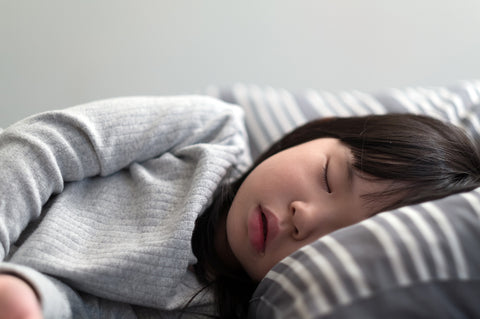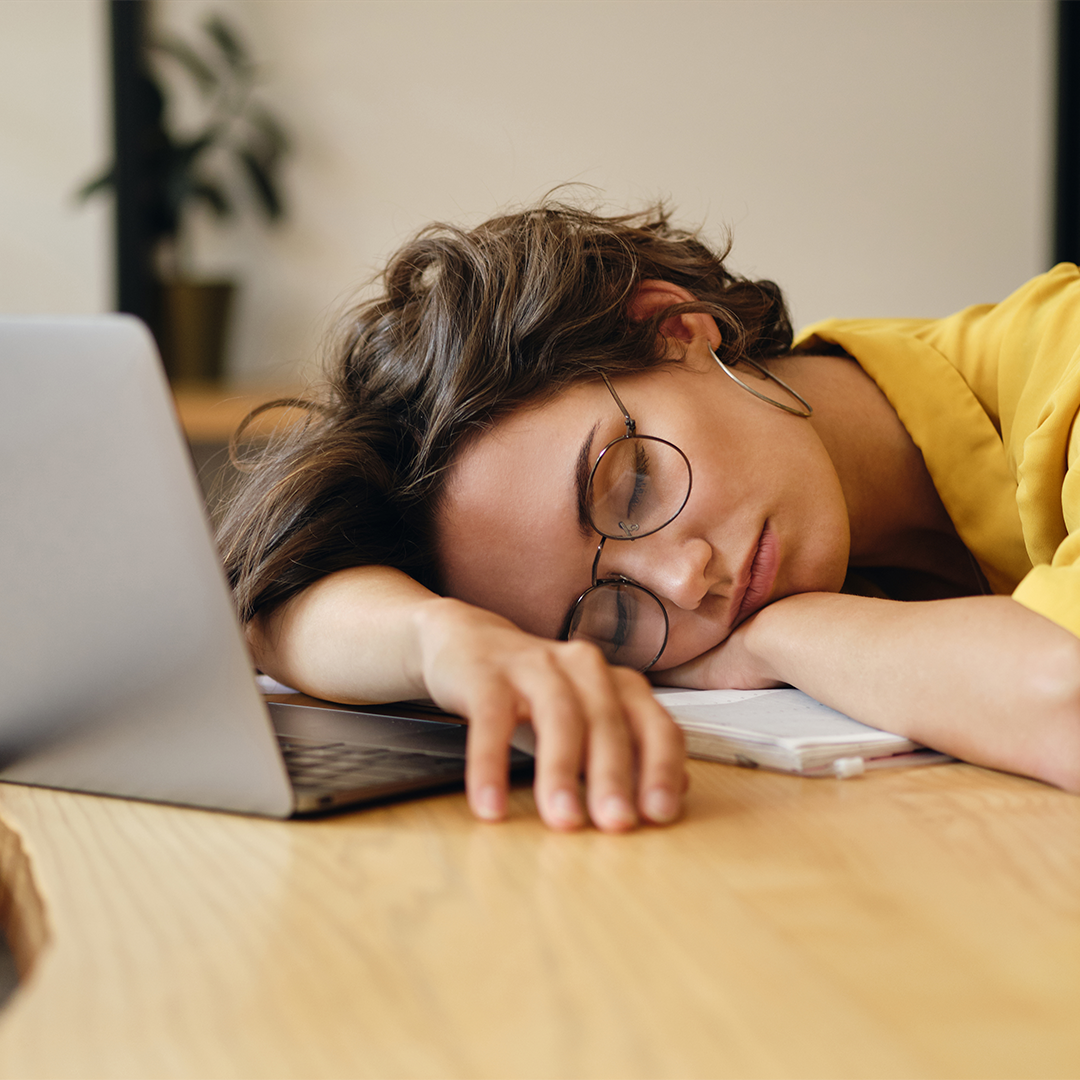Written by Shea Morrison, Co-Founder of The Goodnight Co.
Over here at The Goodnight Co., we have established that sleep is an important part of your daily routine, and we spend about a third of your time doing it. Without sleep you can’t form or maintain the pathways in your brain that let you learn and create new memories and it can be harder to concentrate and respond quickly.
Interestingly, your brain and body stay remarkably active while your sleep. Recent findings suggest sleep plays a role that removes toxins in your brain that build up while you are awake. Sleep affects almost every type of tissue and system in the body – brain, heart, lungs to metabolism, immune function, mood and disease resistance. Sleep is a complex and dynamic process that affects how we function in ways that scientists are now beginning to understand, and that society is starting to take seriously.
So, how is the brain involved with sleep? I don’t know about you but I want to know that my brain is working to it’s full capacity every day – just to help lighten the load (which seems to increase daily these days). When we finally call it quits for the day and go to sleep, our brain stays highly active throughout our sleep cycles so it can perform a host of processes to keep you functioning through the day.
TOXINS
One of the most important discoveries in the last few years is that the brain clears out toxins much more rapidly while we’re asleep than when we’re awake. The cerebral spinal fluid is pumped more quickly throughout the brain while you sleep. It acts like a vacuum cleaner, clearing away the waste and toxins which, if left, these toxins can lead to dementia over time. The brain restores information that wasn’t ingrained during the day (like the password you vowed to remember!). This process is important for protecting against further information loss as well as boosting the ability to learn while you’re awake.
MEMORY
One of the central functions of sleep is that it helps consolidate long-term memory. Not only through strengthening certain neural connections, but also through pruning back unwanted ones. The brain makes a lot of connections during the day, but not all of them are worth saving; so, sleep is a time in which the brain streamlines the connections it ‘need’s. When the brain receives good sleep, it helps to preserve important memories – particularly emotional ones… Your brain chooses and enhances experiences most valuable to you – your child’s first day of school for example. And in return, it downgrades memories that aren’t as important. During the DEEP SLEEP stage sleep, our brain also helps us to keep chronology straight by replaying the memories of your daily to-dos and helping to re-establish the order in which those things occurred.

STILLNESS
Your brain also prevents you from acting out your dreams. The part of your brain that’s responsible for relaying nerve impulses throughout the spinal cord sends a message to turn off motor neurons, causing temporary paralysis…. this is an in-built protection, so you don’t find yourself trying to recreate the stories that are running through your mind when you’re asleep.
DEPRESSION
Depression and sleep problems are intimately connected. It can be a case of ‘chicken and egg’ which one comes first for you. Studies have found people who sleep less than 6 hours, or more than 8 hours per night, are more likely to be depressed than people in the middle range. The part of the brain that governs your circadian rhythm (daily sleep – wake cycle) is often disrupted in depressed people which could clearly explain the link between disrupted sleep & mental health.
KIDS
Children need their sleep, sleep deprivation in children has lots of short-term ramifications, and over the long term, it may even affect brain development. Sleep is especially important for the growing brain, just 18 more minutes per night was linked to better grades in Math and English in primary school kids.

DREAMING
Even when asleep and disconnected from the environment, our brain can generate an entire world of conscious experiences. Although dreaming has fascinated us since the beginning of time, the science behind our dreams is still relatively new. Research shows dream consciousness is remarkably similar to waking consciousness, though there are several intriguing differences in volition, self-awareness and reflection, affect, and memory, and there is great variability between individual dreams.
I don’t know about you, but after reading these facts, I have a whole new appreciation for getting the required amount of sleep that my body needs to help my brain function at It’s best. Sleep can feel like an indulgence, especially when you are stressed or life is feeling full; and it’s often the first thing to go at these times… but as research suggests, sleep is not a luxury but definitely a necessity.
To learn more about the science behind your sleep, visit The Journal’s Science section.


